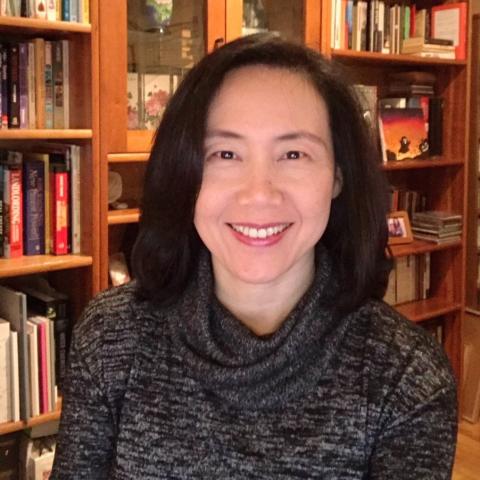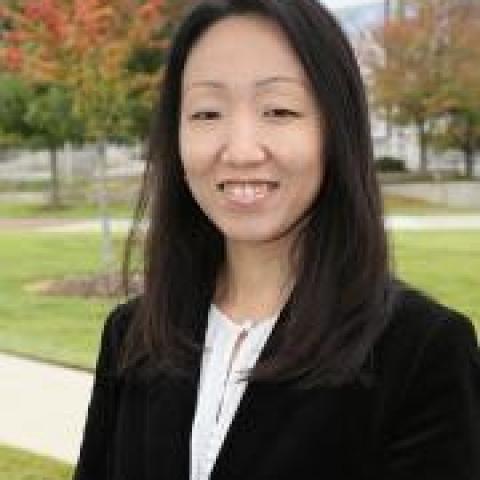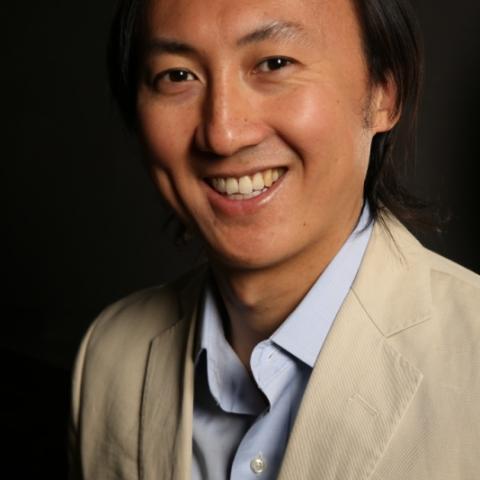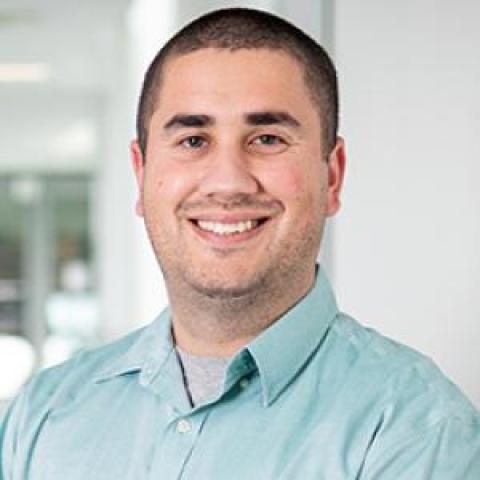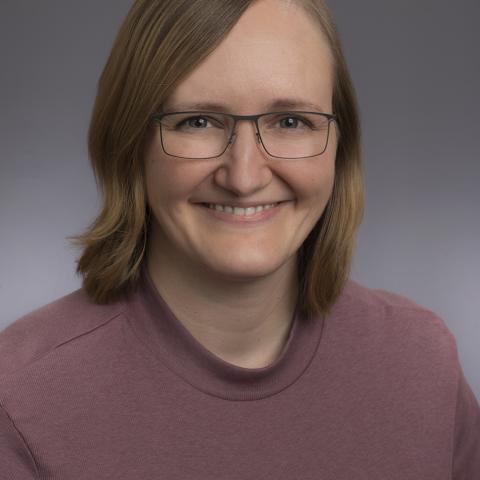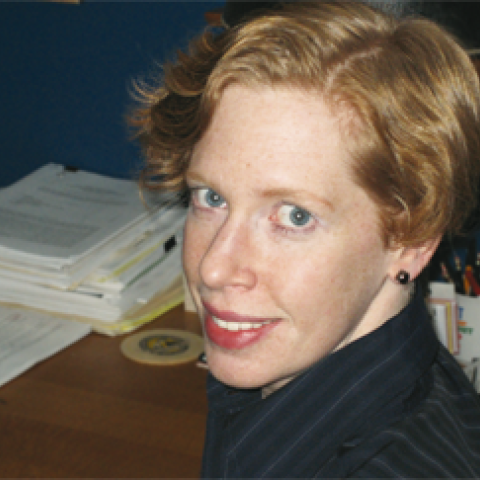Nicholas V. Hud
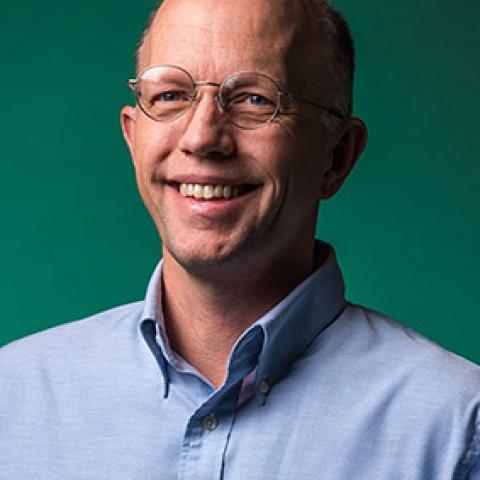
Nicholas Hud was born and raised in Los Angeles, California. He received his B.S. degree in physics from Loyola Marymount University. His Ph.D. was conferred by the University of California, Davis for physical investigations of DNA condensation by protamine. From 1992-1995 he was a postdoctoral fellow in the biology and biotechnology research program at Lawrence Livermore National Laboratory with Rod Balhorn. From 1995-1998 he was an NIH postdoctoral fellow in the Molecular Biology Institute at UCLA where he worked with Juli Feigon and Frank A. L. Anet on the application of NMR spectroscopy to the study of DNA-cation interactions. Hud joined the faculty at Georgia Tech as an assistant professor in 1999 and was promoted to full professor in 2008. He has been visiting professor of chemistry at the National NMR Center in Slovenia, and at Imperial College London. Hud currently serves as PI of the NSF Center for Chemical Evolution, as chair of the biochemistry division of the School of Chemistry and Biochemistry, as co-director of the Georgia Tech-Emory University Center for Fundamental and Applied Molecular Evolution (FAME), and as associate director of the Petit Institute for Bioengineering and Bioscience.
